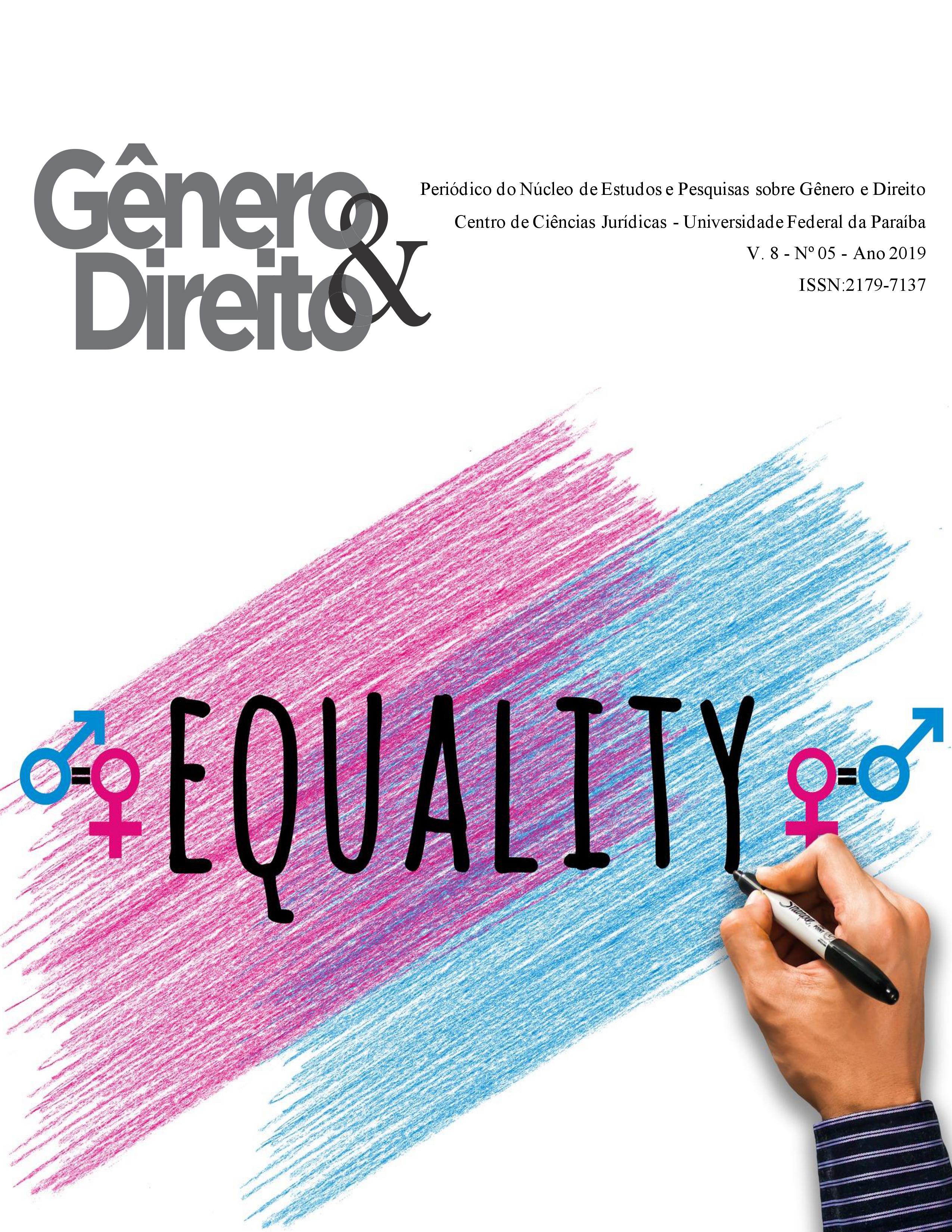THE COMPREHENSIVE APPROACH IN TRAINING PROFESSIONAL FOREIGN LANGUAGE FOR STUDENTS OF INTERNATIONAL RELATIONS
DOI:
https://doi.org/10.22478/ufpb.2179-7137.2019v8n5.48652Palavras-chave:
political linguistics, foreign language lesson, higher education, individualized learning, comprehensive approach, working with vocabularyResumo
The initial professional language training of future specialists in the sphere of International Relations includes enriching the vocabulary through learning the terms of physical and political geography. The study of specific terminology is the task of a foreign language integrated learning course, within the framework of which students can obtain knowledge of both the naming (foreign language) and the substantive (subjective) aspects of the profile conceptual apparatus. To implement the integrated language course, the present study used a comprehensive approach and a method of a three-step lesson. These methods allowed the use of an individualized approach to deal with significant volumes of vocabulary, its semantic and grammatical features.Downloads
Não há dados estatísticos.
Referências
K. Buzarov, “The System Approach as a methodological principle of creation of the educational school system (theoretical aspect)”, Vestnik Adygeyskogo universiteta, vol. 2, pp. 32-36, 2012.
A. Kraus, “Individualisiertes Lernen mit Lehr-/Lernkreislauf“, Individualisiertes Lernen / Hrsg. Von A. Kraus und A. Nieweler, Heft 128, pp. 28-33, 2014.
A. Yusupova, “M. Montessori’s pedagogical ideas at foreign language lessons”, Inostrannye yazyki v shkole, vol. 6, pp. 10-14, 2010.
M. Materniak, “Die Augaben der Erzieher in der Montessori-Padagogik und ihre Bedeutung fur Fremdsprachenunterricht”, Prace Naukowe Wyzszej Szkoly Pedagogicznej w Szestochowie. Studia Neofolologiczne, vol. 2, pp. 93-98, 2000.
B. Thayer-Bacon, “Maria Montessori, John Dewey, and William H. Kilpatrick”, Education and Culture, Vol. 28: N. 1, pp.3-20, 2012.
M. Montessori, Das kreative Kind. Der absorbierende Geist / Hrsg. von P. Oswald und G. Schulz-Benesch. Freiburg, Basel, Wien: Herder, 1975.
M. Montessori, Dom rebenka. Metod nauchnoy pedagogiki, Moscow: Zadruga, 1913.
J. Liang, “Toward a three-step pedagogy for fostering self-assessment in a second language writing classroom”, Te CATESOL Journal, vol 26(1), pp.100-119, 2014.
A. Lillard, Montessori: The Science Behind the Genius, New York: Oxford University Press, 2017.
S. Thornbury, How to Teach Vocabulary. London and New York: Longman, 2002.
M. Montessori, Kosmische Erziehung / Hrsg. von P. Oswald u.a. Freiburg: Herder, 2004.
I.G. Kondrateva, Formation of communicative and educational competence of future teachers in the course of training a foreign language at non- language faculties/ the thesis for a degree of the candidate of pedagogical sciences / Tatar state humanitarian and pedagogical university, Kazan, 2008, pp. 86-106
A. Kraus, “Individualisiertes Lernen mit Lehr-/Lernkreislauf“, Individualisiertes Lernen / Hrsg. Von A. Kraus und A. Nieweler, Heft 128, pp. 28-33, 2014.
A. Yusupova, “M. Montessori’s pedagogical ideas at foreign language lessons”, Inostrannye yazyki v shkole, vol. 6, pp. 10-14, 2010.
M. Materniak, “Die Augaben der Erzieher in der Montessori-Padagogik und ihre Bedeutung fur Fremdsprachenunterricht”, Prace Naukowe Wyzszej Szkoly Pedagogicznej w Szestochowie. Studia Neofolologiczne, vol. 2, pp. 93-98, 2000.
B. Thayer-Bacon, “Maria Montessori, John Dewey, and William H. Kilpatrick”, Education and Culture, Vol. 28: N. 1, pp.3-20, 2012.
M. Montessori, Das kreative Kind. Der absorbierende Geist / Hrsg. von P. Oswald und G. Schulz-Benesch. Freiburg, Basel, Wien: Herder, 1975.
M. Montessori, Dom rebenka. Metod nauchnoy pedagogiki, Moscow: Zadruga, 1913.
J. Liang, “Toward a three-step pedagogy for fostering self-assessment in a second language writing classroom”, Te CATESOL Journal, vol 26(1), pp.100-119, 2014.
A. Lillard, Montessori: The Science Behind the Genius, New York: Oxford University Press, 2017.
S. Thornbury, How to Teach Vocabulary. London and New York: Longman, 2002.
M. Montessori, Kosmische Erziehung / Hrsg. von P. Oswald u.a. Freiburg: Herder, 2004.
I.G. Kondrateva, Formation of communicative and educational competence of future teachers in the course of training a foreign language at non- language faculties/ the thesis for a degree of the candidate of pedagogical sciences / Tatar state humanitarian and pedagogical university, Kazan, 2008, pp. 86-106
Downloads
Publicado
2019-10-28
Como Citar
YUSUPOVA, A. Y. .; TYABINA, D. V. .; KOLPAKOVA, S. G. THE COMPREHENSIVE APPROACH IN TRAINING PROFESSIONAL FOREIGN LANGUAGE FOR STUDENTS OF INTERNATIONAL RELATIONS. Gênero & Direito, [S. l.], v. 8, n. 5, 2019. DOI: 10.22478/ufpb.2179-7137.2019v8n5.48652. Disponível em: https://periodicos.ufpb.br/index.php/ged/article/view/48652. Acesso em: 26 dez. 2024.
Edição
Seção
Seção Livre

